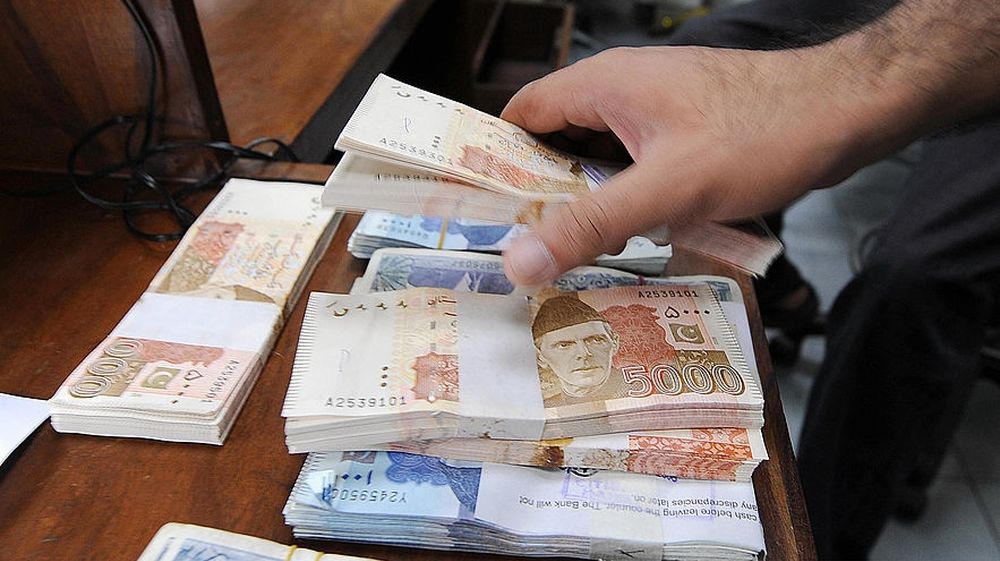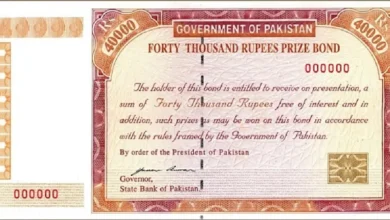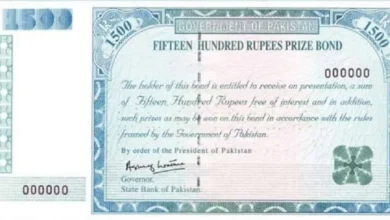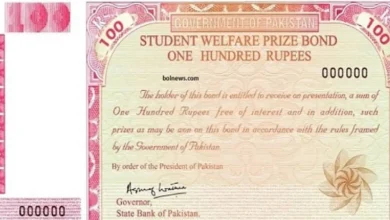
Fitch Ratings, a globally recognized credit rating agency, has upgraded Pakistan’s Long-Term Foreign-Currency Issuer Default Rating (IDR) from ‘CCC-‘ to ‘CCC’. This upgrade is a reflection of the improved external liquidity and funding conditions in Pakistan following its Staff-Level Agreement (SLA) with the International Monetary Fund (IMF) on a nine-month Stand-by Arrangement (SBA) in June.
The SLA is expected to be approved by the IMF board in July, which will catalyze other funding and anchor policies around the parliamentary elections due in October. However, Fitch Ratings also highlighted that program implementation and external funding risks remain due to the volatile political climate and large external financing requirements in Pakistan.
In recent times, Pakistan has taken measures to address shortfalls in government revenue collection, energy subsidies, and policies inconsistent with a market-determined exchange rate, including import financing restrictions. These issues had previously delayed the last three reviews of Pakistan’s previous IMF program before its expiry in June.
The upgrade was celebrated by Finance Minister Ishaq Dar, who took to Twitter to congratulate Prime Minister Shehbaz Sharif, the nation, government allies, and the economic team on this positive development towards the country’s economic revival journey.
Fitch Ratings also noted that the consolidated general government fiscal deficit is expected to widen to 7.6% of GDP in FY24, driven by higher interest costs on domestic debt. The government has recently amended its proposed budget for the fiscal year ending June 2024 to introduce new revenue measures and cut spending, following additional tax measures and subsidy reforms in February.
The IMF board approval of the SBA will unlock an immediate disbursement of $1.2 billion, with the remaining $1.8 billion scheduled after reviews in November and February 2024. Saudi Arabia and the United Arab Emirates have committed another $3 billion in deposits, and the authorities expect $3-5 billion in other new multilateral funding after the IMF agreement.
Pakistan’s current account deficit has narrowed sharply, driven by earlier restrictions on imports and FX availability, tighter fiscal and economic policies, measures to limit energy consumption, and lower commodity prices. However, the CAD could widen more than expected due to continued reports of import backlogs, the dependence of the manufacturing sector on foreign inputs, and reconstruction needs after last year’s floods.
The SBA should also facilitate the disbursement of some of the $10 billion in aid pledges made at the January 2023 flood relief conference, mostly in the form of project loans. The authorities expect USD25 billion in gross new external financing in FY24, against USD15 billion in public debt maturities, including USD1 billion in bonds and USD3.6 billion to multilateral creditors.












